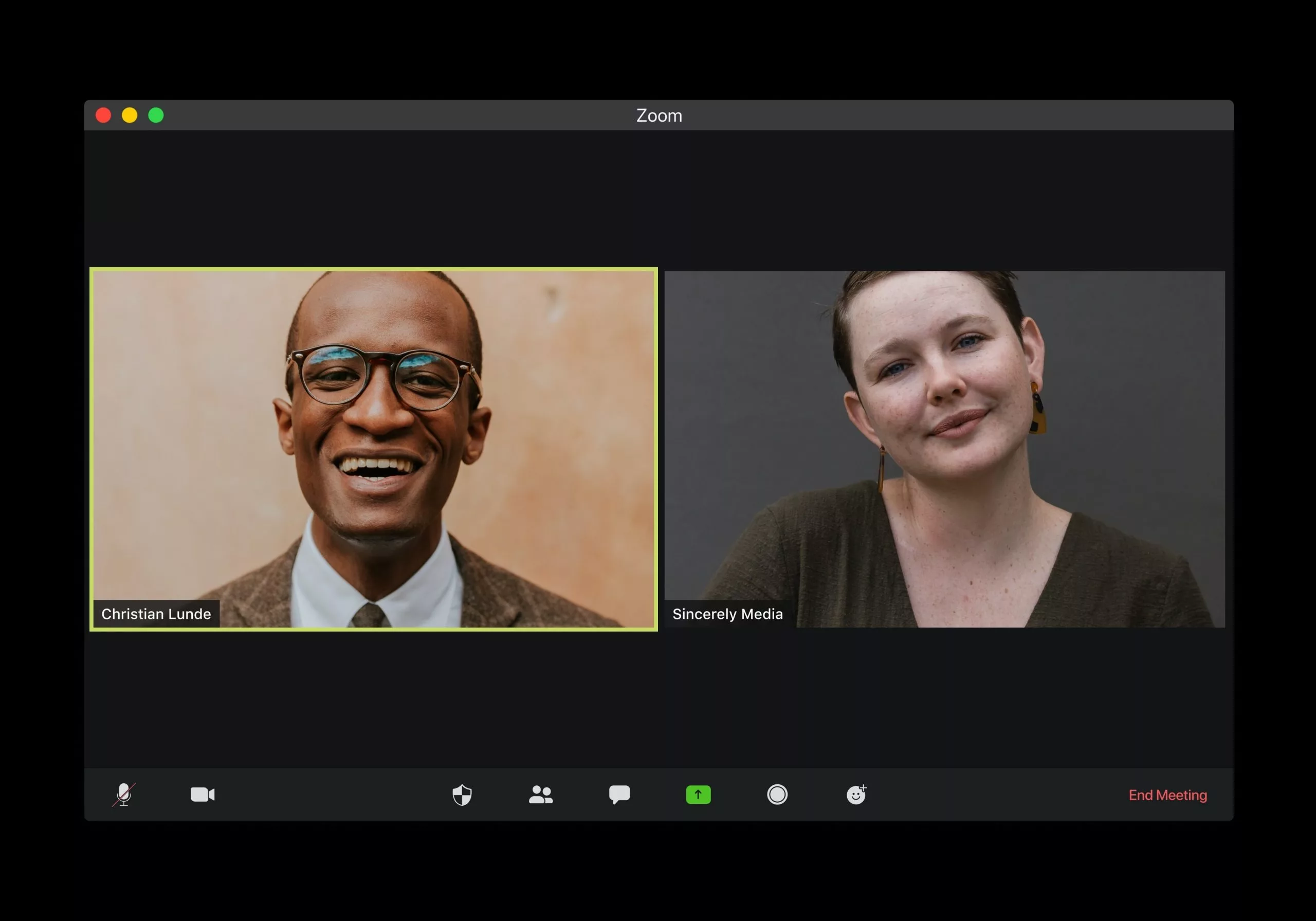At a time when so many companies are struggling to simply keep the lights on and stay afloat and many employees are grateful to still have a paycheck, it may seem to be talking about workplace culture. However, this is an essential time to have this conversation — and for corporate leaders to pay more attention to the foundations of workplace culture.
Over the next 12 months, amid numerous rounds of layoffs, we’ll hear many stories where businesses failed to operate ethically. We’ll hear about financial misreporting to make numbers look better than they really are and conflicts of interest as people get desperate and focus on self-preservation. We’ll hear about a failure of respect where business leaders prioritize business needs at the expense of the health and psychological safety of their employees who helped build the business. And, lastly, we’ll have a heyday in stories about exclusion where the “in-group” gets even more powerful and the “out-group” gets more marginalized. These dynamics are not specific to any one business. It’s just what happens when the going gets tough and an organization lacks strong norms and practices. We just need to look at the dot.com bomb 20 years ago to see the same pattern of failures in ethics, respect, and inclusion.
These are early days yet but we already have horror stories; business leaders insisting their employees continue to work at meatpacking plants, despite thousands of Coronavirus cases, and state governors denying unemployment benefits to workers who are too fearful to return to work. This is a respect and integrity issue. Leaders have the choice to provide hazard pay to workers who are willing to incur the risk and they can lobby state governments to pay unemployment to workers who are too afraid to return to work. We also have inclusion issues where the more marginalized, out-group employees are disproportionately affected by layoffs. Leaders can be intentional when selecting who gets laid off and who stays. Diversity and inclusion can factor into their downsizing strategy.
It is in hard times, such as the current pandemic, that corporate cultures are defined for future years. Tomorrow’s winners take the right steps today.
This is the time when a company’s leaders either step up to serve in courageous, respectful ways — or not.
Leaders who do not step up to lead in a courageous, respectful way, their actions will be scrutinized and second-guessed in real-time on social media. This is the first economic downcycle in history to occur in the era of social media with people who are used to sharing their experiences publicly.
It’s the first time in history that corporate leaders will be making these tough decisions under a microscope and facing the court of public opinion. Twenty years ago during the dotcom bomb, the biggest worry is that you’d end up on the layoff reporting site, Fuckedcompany.com. Today, every misstep can be shouted to the world through Twitter, Instagram, YouTube, or Facebook in minutes and seen by a global audience and in a forum lacking context or a balanced perspective.
As thousands of employees are suddenly working remotely, it’s even more important for leaders to intentionally build connections and reinforce corporate norms and practices to strengthen the workplace culture. This is an opportunity to develop our workplace skills of empathy, good communication, and inclusivity to better support a distributed workforce.
So what are some best practices moving forward to support a healthy workplace culture during this crisis and upheaval? Here are three that should serve you well:
1. Imagine a global audience for every management action you take, public scrutiny, and Monday morning quarter-backing.
2. Be intentional and disciplined about operationalizing respect, inclusion, and ethics into the culture, even amidst the current crisis.
3. Sponsor monthly programs that address tricky culture issues and that prompt employee feedback so you can measure and benchmark issues that require more focused attention to resolve.
It’s hard. All of this is. Addressing, and even changing, the culture of a company under normal circumstances is a daunting task. Trying to do it while isolated in your basement or home office makes it all the more difficult. But it’s important, it’s necessary. And taking proactive steps now to support a culture of ethics, respect, and inclusion will be better for you, your company, and your employees in the long run.







